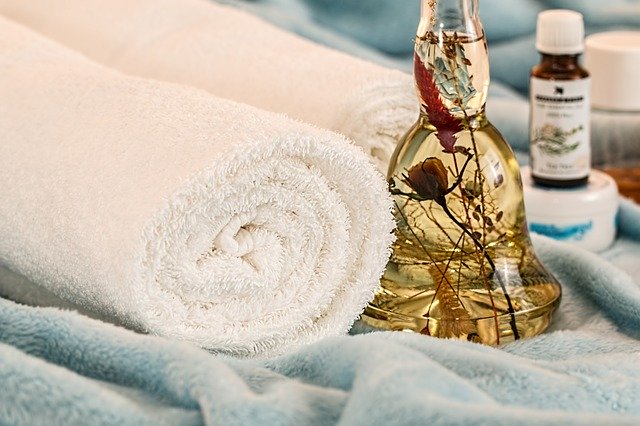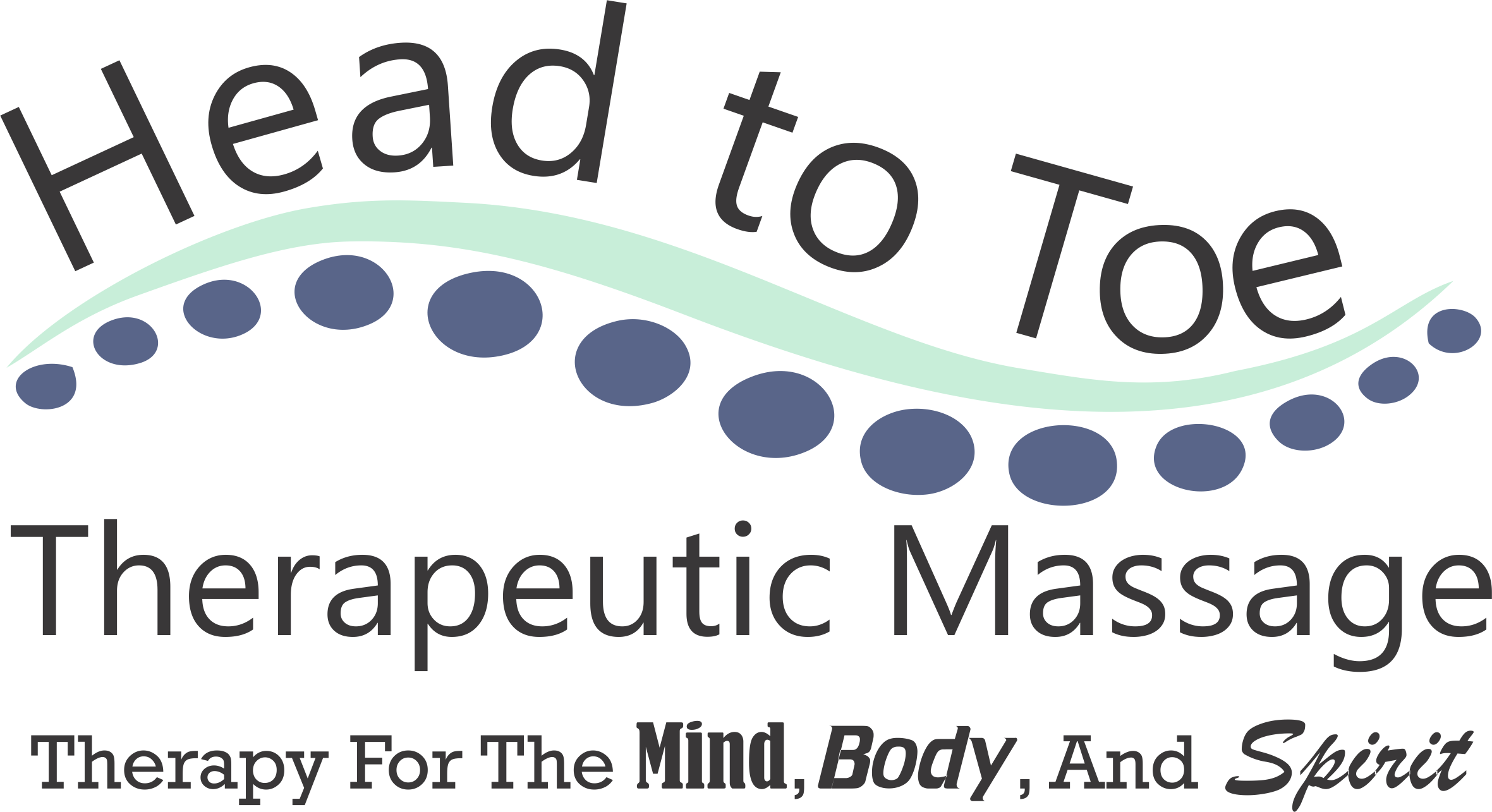Massage and Cupping

Have you ever wondered what Cupping is when it comes to massage therapy?
Cupping started in Traditional Chinese Medicine thousands of years ago. It was believed to relieve sore or tight muscles and among other benefits, by mobilizing blood flow.
Cupping is a method of creating a vacuum on your skin with a silicone cup in which the skin, muscle, and fascia are pulled up into the cup. This vacuum forms with a hand suction pump. Mainly, the cupping technique focuses your back for ease of use and access to a large service area. The suction of the cups does not hurt, contrary to the commonly held impression. Most people find the sensation very pleasant, more like a release. The therapist will guide them over the skin similar to the movements of a massage, and they can remain in a stationary position for a couple of minutes. It is a pulling versus a pushing effect with deep tissue massage.
Cupping promotes a relaxing, soothing experience. It improves blood circulation and speeds up muscle recovery and allows new blood to flow into the area of tissue that provides many benefits:
Relief from physical and emotional tension
The exchange of blood enables the removal of toxins and dead cells
Enhances circulation and help the therapist get to the “knots” in your muscles
Softens tissue to regain elasticity and reduces inflammation
Does it leave dark circles on your Skin?
The technique used here is by slowly move the cup over tissue as in massage. It may leave a “kiss” on your skin if the cupping technique performed for a couple of minutes depending on the level of tightness and toxins in the tissues.
There are many indications for Cupping:
Musculoskeletal problems such as pain, spasms, cramps, tightness, numbness, the stiffness of the neck and back
Fibromyalgia & Chronic Fatigue Syndrome
Post-Surgery Adhesions
Cellulite
Headaches
Insomnia
Depression & Anxiety
Soften and minimize scar tissue
Contraindications:
Inflamed broken skin
High fever/febrile seizures
Abdomen or low back during pregnancy
Easily bruised due to pathological conditions

